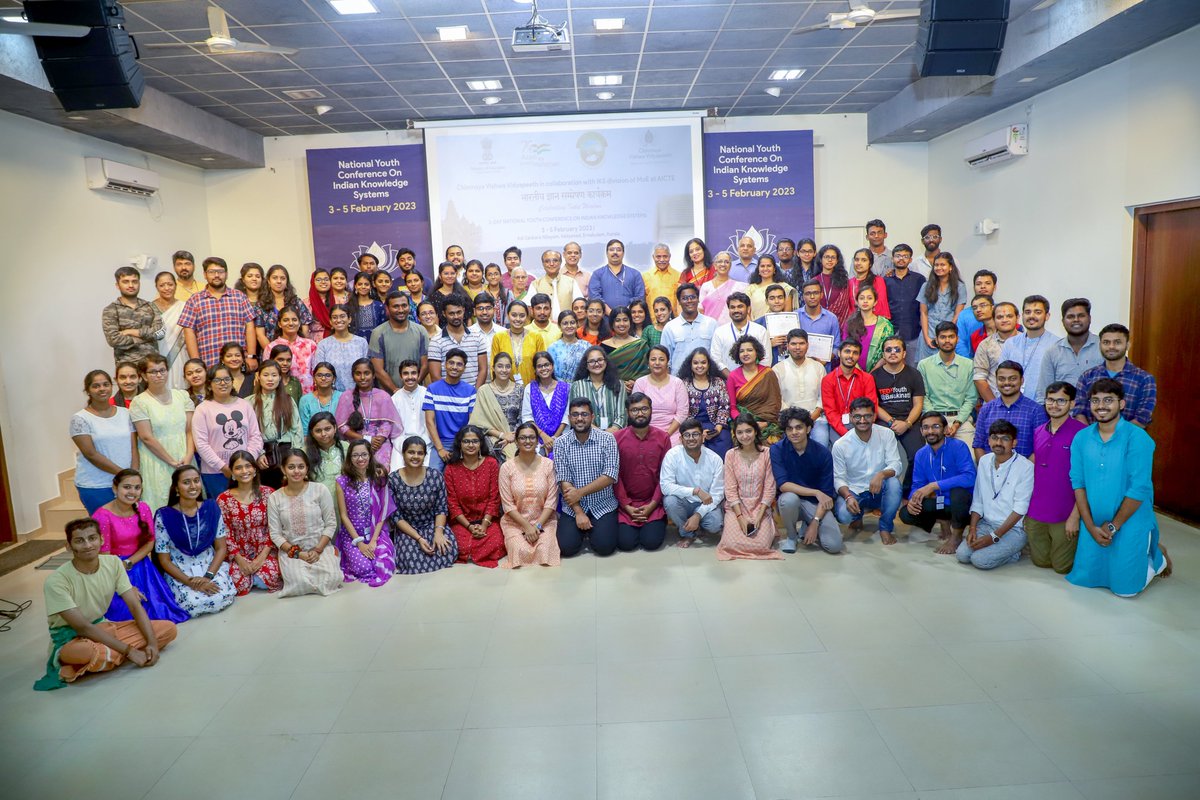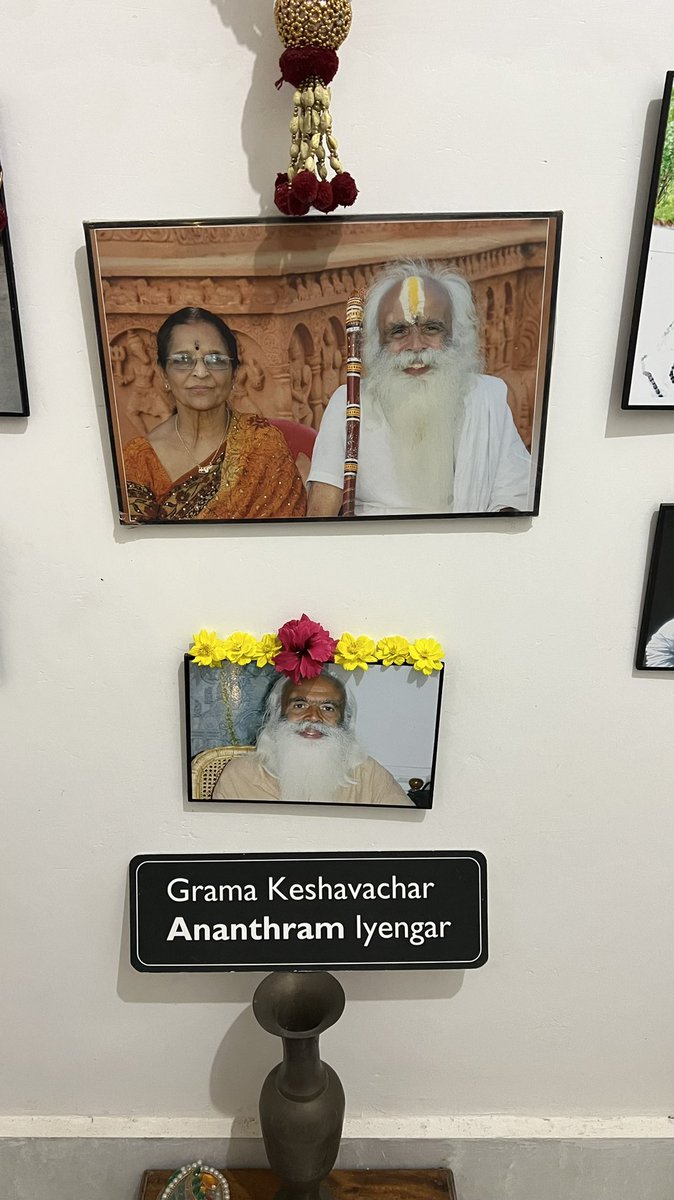
If someone had told me an year ago that the IKS programme of the Govt of India would attract students from around India to present papers and posters, I'd have been sceptical. Too early to expect a good response I'd have thought. (1)
That is why it was such an eye-opener for me to view the posters and listen to presentations made by students in the 19-25 age group at the National Youth Conference held in Kerala recently. The diverse topics chosen by the children were truly amazing. (2)
If one student spoke about game theory from the perspective of Arthashastra, another one spoke about governance from the perspective of Thirukural. One girl took up Paaka Shastra and extracted from it the attributes needed in a good chef which were relevant even today. (3)
The winning duo spoke about Shulba Sutra and the math of Aryabhata and Brahmagupta. There were plenty of papers on using the Bhagavad Gita approach to management, sustainable development, career choices, and psychology. (4)
One presentation I enjoyed immensely was on the comparison of ancient debates according to Nyaya principles with the debates we see on TV today. The judges chided students who did not explain how to make IKS relevant today. I am sure their feedback was well-taken. (5)
The winning poster was by a girl from Texas studying Ayurveda in India under an AYUSH scholarship. Her poster on the efficacy of Panchopachara Puja impressed judges the most. In the coming years, I see competition exploding within the IKS space. Let the IKS Games begin! (6)
Here is a short video encapsulating the wonderful conference that just concluded in Kerala. #IndianKnowledgeSystems
Here is a recording of the plenary speeches that was livestreamed.
Prize winners and other students, teachers, invited guest speakers and the National Coordinator of the #IndianKnowledgeSystems programme of the Govt of India Dr Ganti Murthy at the National Youth Conference held at the birthplace of Adi Shankara himself. 





• • •
Missing some Tweet in this thread? You can try to
force a refresh











